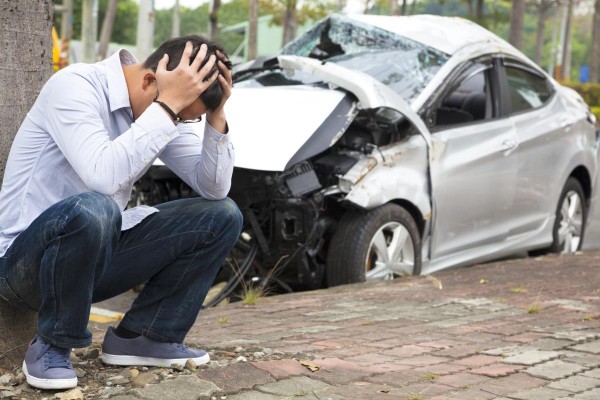If you’re driving a car or any other vehicle, you’re legally required to have insurance so that if you’re involved in an accident you can compensate the other driver, or the pedestrian you injured, or pay for the property you damaged.
The absolute minimum level of insurance is third party, which covers other people – if all drivers have this insurance, then no-one goes without financial compensation in the event of an accident that’s not their fault. There is also fire and theft insurance, as well as fully comprehensive cover, which covers damage to your own car, even if the accident was your fault or you can’t find the person who damaged your car.
However, not all drivers have even the minimum level of insurance and driving without any cover is breaking the law. Driving without insurance is not only illegal, it’s also a strict liability offense. This means that you’re guilty whether you intended to drive without insurance or whether you believed you were insured.
What are the defenses against a charge of driving without insurance?
Driving without insurance is a strict liability offense which means that the defendant does not need to be aware of the fact there was no insurance in order to be guilty. The only exception is where an employee drives a vehicle in the course of their employment that they did not own or hire and had no reason to suspect was uninsured. There are also so-called “special reasons” that specialist legal firms like motoringoffencelawyers can argue for you. These reasons can reduce your punishments or help you to avoid them altogether.
Speaking of punishments – what are the penalties?
Most driving without insurance offenses are dealt with by a Fixed Penalty Notice (FPN), which involves a £300 fine and six points on your driving license. If you decide to accept the FPN, you can’t ask for the fine or the number of points to be reduced, no matter what your mitigating circumstances are – it’s a fixed penalty, after all.
If you know you were driving without insurance and you have no argument against the charge, then accepting the FPN is probably your best option.
Big fines
For repeat offenders, or for uninsured drivers who are involved in accidents, things can get a bit more serious, with fines going up. The maximum fine that can be imposed on someone driving without insurance is £5,000, as well as up to eight points being put on the driving license.
A potential driving ban
Driving without insurance also carries the possibility of a discretionary driving ban. If the six (or eight) points on your licence take your total up to or over 12 points, then a driving ban is automatically enforced under the totting-up rule. Under the totting-up rule, the mandatory ban is six months, but if you can demonstrate exceptional hardship, this period may be reduced; this is rare, however.
New drivers are especially vulnerable
Newer drivers are statistically more likely to drive without insurance as they tend to be younger and so face higher insurance premiums than older, more experienced drivers. They also, if they’ve been driving for less than two years, only need to accumulate six points before automatic disqualification.
This is where specialist lawyers come in, as they can spot flaws in the prosecution case and mount a credible defence. If it’s important to you that you retain your license or avoid a big fine, then engaging a strong legal team at an early stage is vital.









